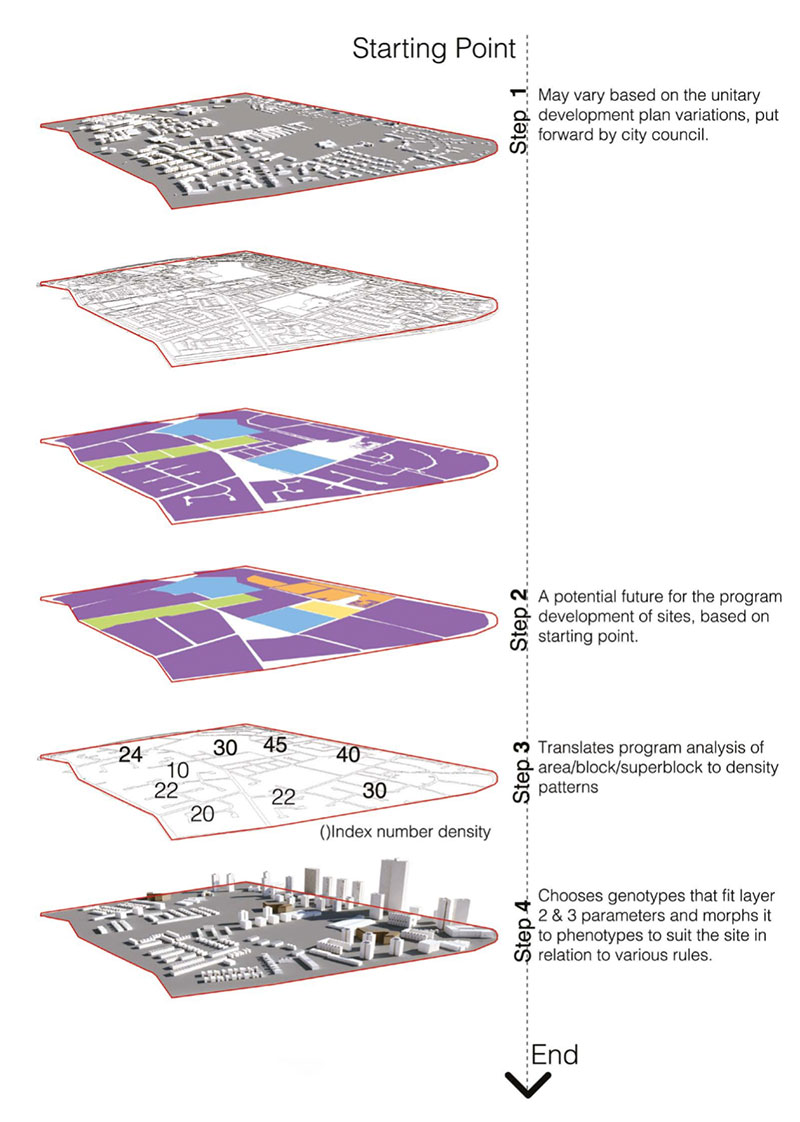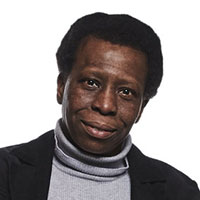Incorporating subjective rationality in decision-making mechanism for agents in urban simulative models
The new wave of urban simulative models builds on the notion of disaggregated modelling with more intricate behavioural aspects for agents and decision-mechanisms / variables. The lack of spatial attributes in determining location choice with skewed distributions of demand-let price for land arising due to calibration issuea, limitations on the reliance of empirically-derived relationships, lack of impact of demographic changes to demand for dwellings and lack of calibration methods for parameter values to ensure best fit of model all add to the need for more advanced behavioural agents. These in part stem from a lack of cognitive agents capable of adjusting their behaviour, agents for simulating housing search and choice while incorporating negotiation between developers and potential buyers in a dynamic context.
In light of this limitation / gap, this thesis explores a range of social science-based theories and a range of social science-based disciplines such as psychology and behavioural economics in an attempt to identify potential concepts for agent behaviour in space demand models. These concepts include notions of cognition, judgment and decision-making processes, consumer behaviour and the role of experience in decision-making. These are then applied to novel simulative models of housing demand using a range of previously unexplored agent architectures for the area such as cognitive agents and BDI (belief, desire, intention) agents. Agent architecture being the move from specification to implementation, how all these agent behaviours get build in a computer system. It is intended to support decision-making process by being the foundation of agent reasoning mechanisms (Chin, Gan, Alfred, & Lukose, 2014). The capabilities of the new agents created is then presented to the end-user of such tools, the planners, for their feedback and validation as expert users.
Biography
Solon is a PHD candidate, a Lecturer in Architecture and Researcher at CPU Lab. He is Interested in the prospect of using digital tools to understand and model the development of cities. With the use of complexity theory as a guide and data as fuel, constantly seeking to reach an informed state that allows for the accurate use of positive design interventions to enhance the natural progression of the urban realm. PhD research topic includes ‘Combining market led economic modelling and urban spatial modelling’.





